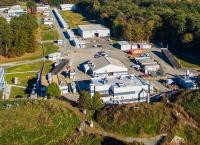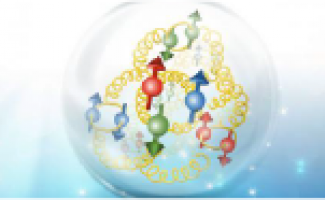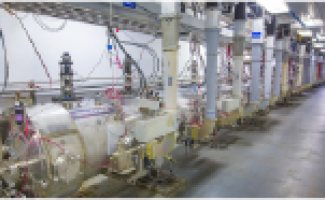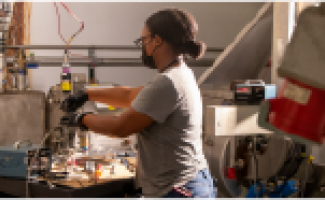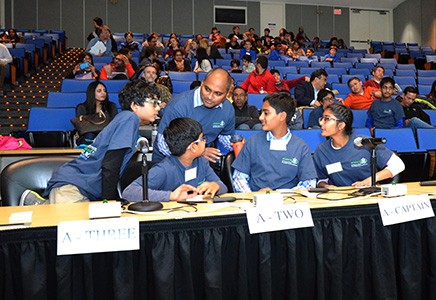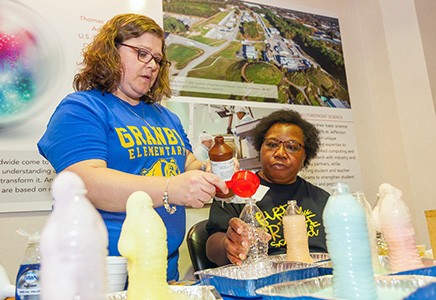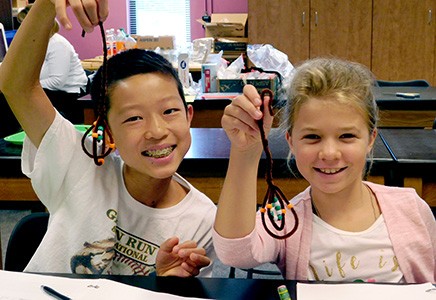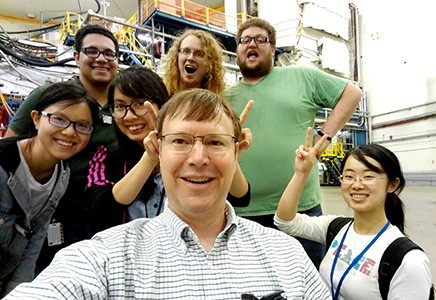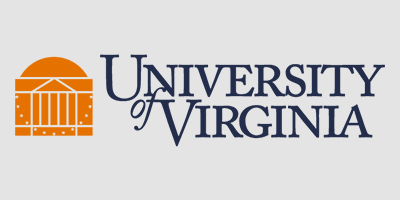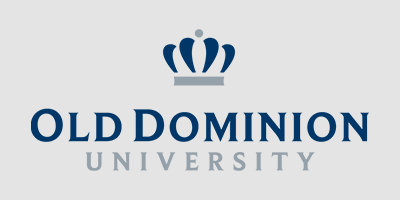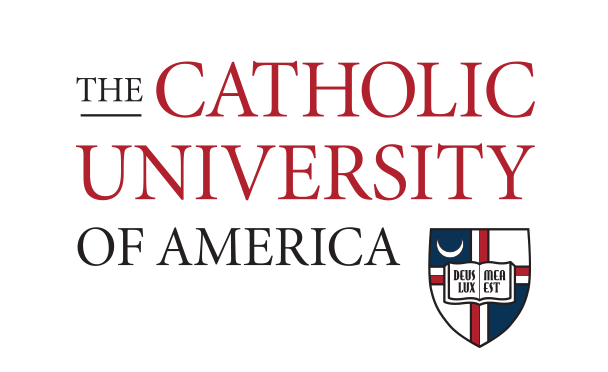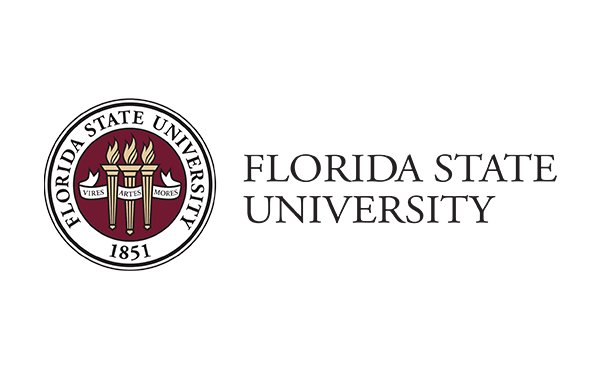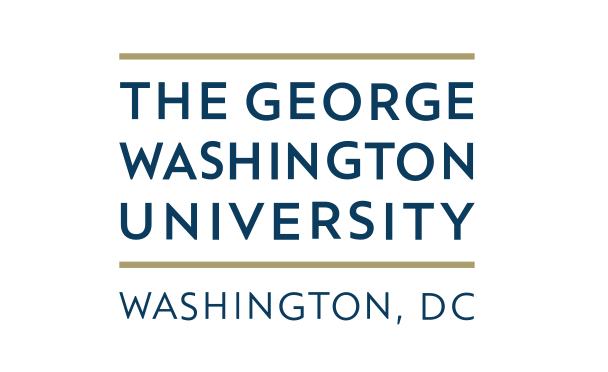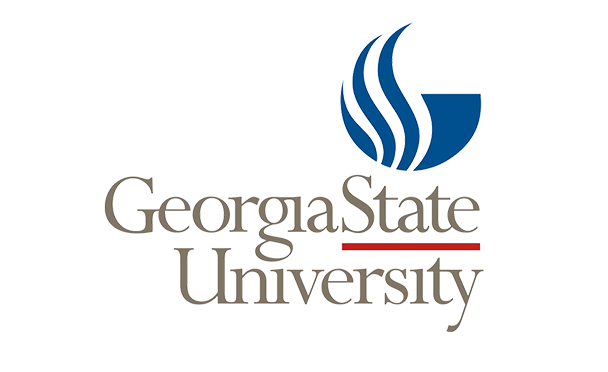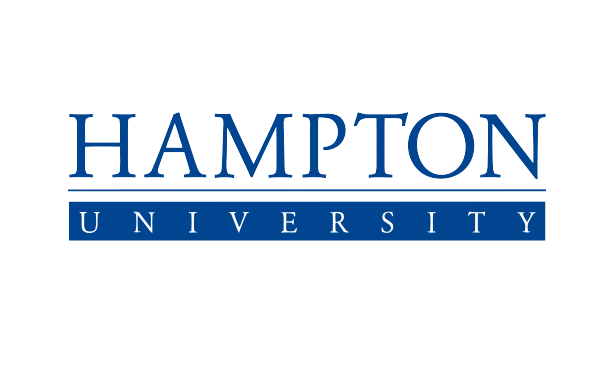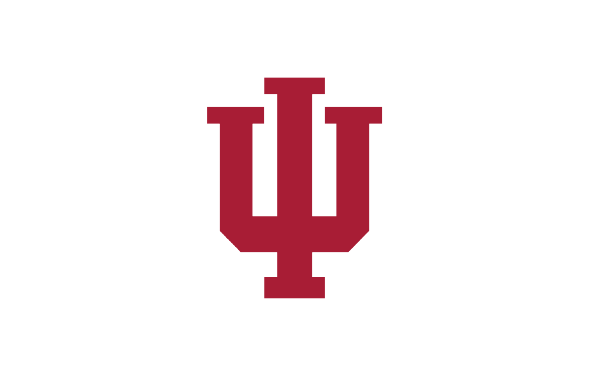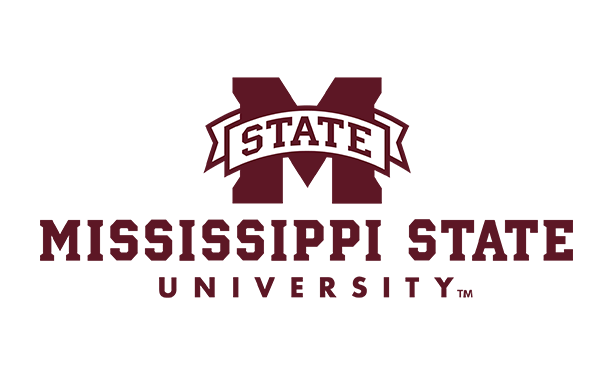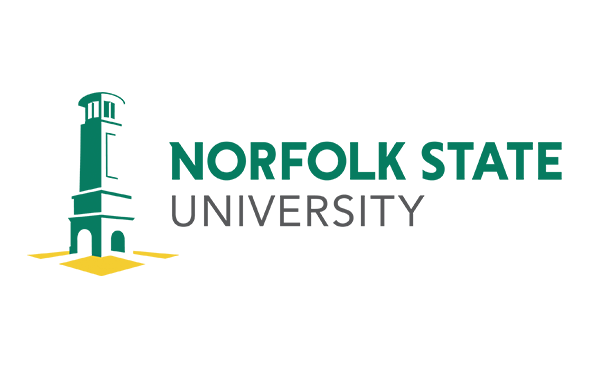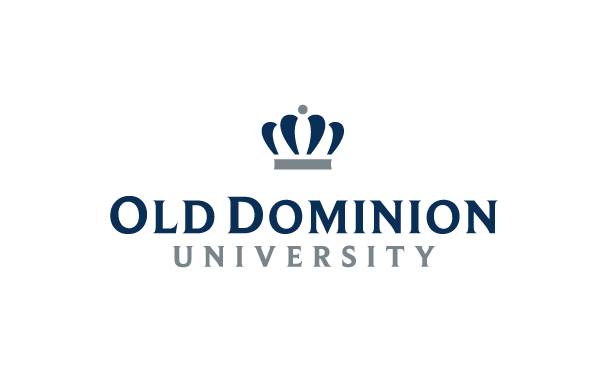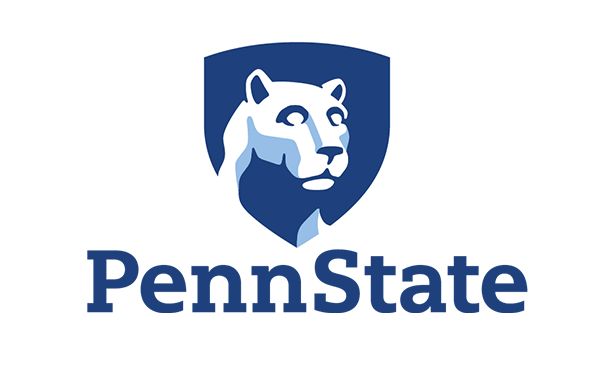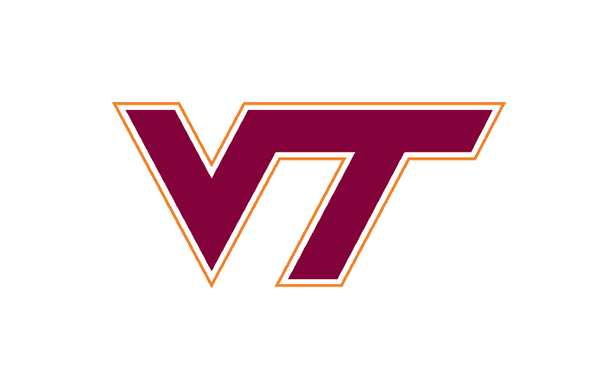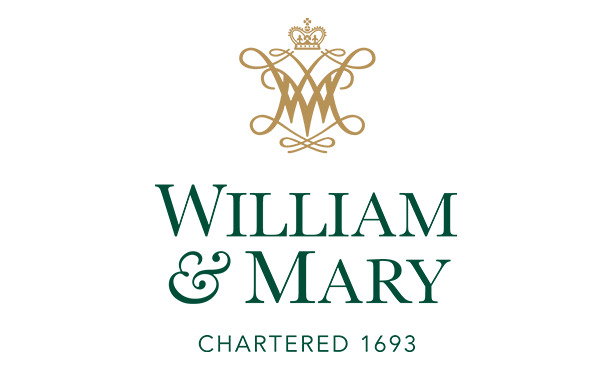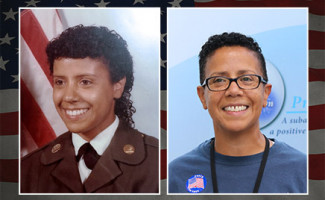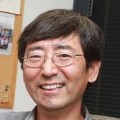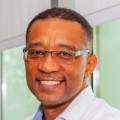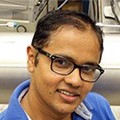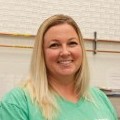"My favorite part of being a soldier was the moving around every three to four years," said Polanco-Mann. "Regardless of where in the world you were, there was a camaraderie that you did not find in many work environments."
Q&A with Maria Polanco-Mann, U.S. Army
What did you do for the military?
I was a 92Y (a Unit Supply Specialist) in the Army. A 92Y keeps supplies and equipment in order. The unit supply specialist is primarily responsible for supervising or performing tasks involving the general upkeep and maintenance of all Army supplies and equipment.
What made you decide to join the military?
My brother dropped out of high school and joined the Army and was in Korea my senior year of high school. We didn’t have money for college and I figured what a way to see the world and have the military pay for my college at the same time.
Why did you choose the branch of service that you did?
I actually wanted to join the Air Force but when I went to enlist, there was an 18-month waiting list. I didn't want to wait so I chose the Army because my brother was in it. Also, my grandfather fought in the Korean War as a soldier in the Army.
What was your favorite part of the job?
My favorite part of being a soldier was the moving around every three to four years and regardless of where in the world you were, there was a camaraderie that you did not find in many work environments.
What was your most memorable deployment or duty station and why?
My most memorable deployment was in 1994. I was stationed at Ft. Eustis, Virginia and my unit deployed to Saudi Arabia. I remember being scared because as a female soldier you ran the risk of being treated the same way their women were treated. I was afraid of having my uniform sleeves rolled up and exposing my elbows. This is something they did not approve of from their women. Also, they were not happy that many of our truck drivers were women. In their country their women did not drive. But I had a female Battalion Commander and she let them know that was the way it was going to be. She made it clear we respected their culture but in order to accomplish our mission our female soldiers were there to do a job and that included driving our trucks. I felt proud to be part of such a strong military and I felt even more proud of working for and being part of strong women leaders.
What skills did you develop that you use now after your military career?
I developed many but the ones that come to mind are that I developed an obsession for being on time, as well as a sense of urgency when a job needed to be accomplished. I also learned to be the best that I can be at all times. I enjoy being a subject matter expert at my job.
The regional home of Jefferson Lab, Hampton Roads, has a rich military history. Located in Southeastern Virginia, the region is currently home to more than 80,000 men and women in uniform, representing every branch of the armed forces. Throughout November 2018, Jefferson Lab is celebrating the region's military ties by highlighting some of our veteran employees who have served in the armed forces and who continue to serve their nation by supporting the research efforts carried out at the laboratory.


